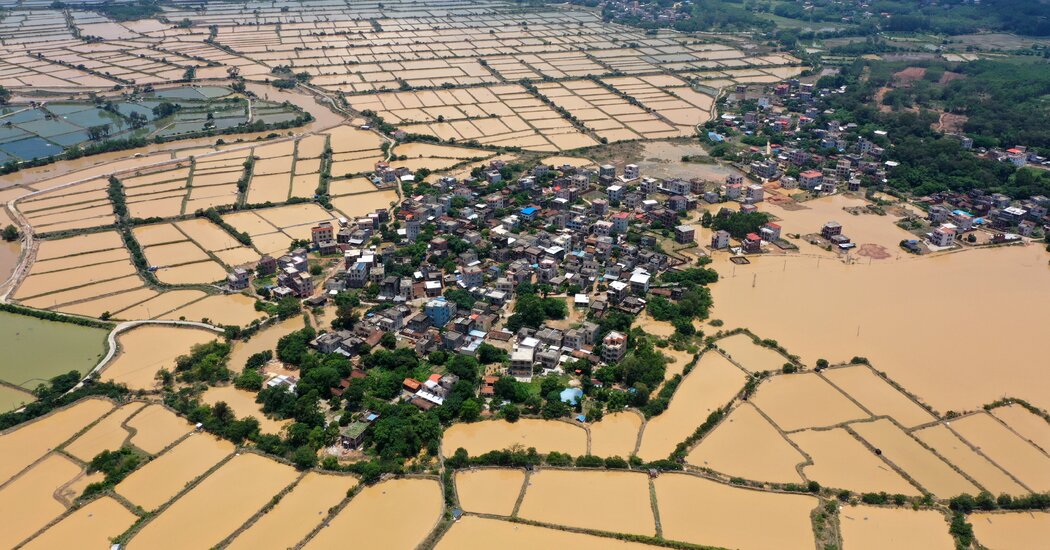The downpour began in late May, drenching the wheat crops in central China. As kernels of wheat blackened in the rain, becoming unfit for human consumption, the government mobilized emergency teams to salvage as much of the harvest as possible. In a viral video, a 79-year-old farmer in Henan Province wiped away tears as he surveyed the damage. The unusually heavy rainfall, which local officials said was the worst disruption to the wheat harvest in a decade, underscored the risks that climate shocks pose to President Xi Jinping’s push for…
Tag: Wheat
China Is the Next Worry as Food Prices Soar
PINGGU, China — From village to village, the wheat crops in China have been inconsistent this season. One field on the flat plains east of Beijing was patchy, with knee-high emerald stalks in some spots while almost bald elsewhere, damaged by the torrential rains of last autumn. The next village over, a luxurious wheat crop was thriving after this spring’s bright sunshine and slow, soaking rains. China’s winter wheat harvest next month is one of the big uncertainties in a global economy already struggling with high commodity prices, particularly in…
Your Thursday Briefing: A Journalist Killed in the West Bank
Good morning. We’re covering the killing of an Al Jazeera journalist, China’s uncertain wheat harvest and rising religious violence in India. Journalist killed in the West Bank Shireen Abu Akleh, a Palestinian American journalist for Al Jazeera, was fatally shot in the head while reporting in the West Bank city of Jenin. Al Jazeera, citing Palestinian authorities, said Israeli forces shot her during a raid. The news network said it held the government and military accountable. Israel’s military said that it was not clear who shot her, and that it…
